Ellie Geranmayeh joined ECFR as a policy fellow in May 2014, working on European foreign policy in relation to Iran.
She is of the opinion that the United States will not give in to 'unreasonable' pressure from Israel in nuclear negotiations with Iran.
In an interview with Mehr News she said that the United States pushed for the interim nuclear deal with Iran in Geneva despite opposition by Israel.
Q: Is it possible that Iran and the 5+1 group (the five permanent members of the UN Security Council plus Germany) agree on a comprehensive deal by July 20?
A: There is a clear political willingness by all negotiating parties to reach a comprehensive agreement by 20 July. This is less than two months away and there are still technical divides between Iran and the P5+1 which need to be resolved. Although none of the parties want a perpetual extension of the interim deal agreed in last November, both the Western and Iranian negotiators have signaled an openness to extend the talk to smoothen out differences. Clearly the preferable option is for a deal to be achieved by 20 July - however, the next best thing is for a rollover. We now have a U.S. and Iranian administration focused on getting a deal done - an alignment which has been missing for the last ten years- a few more months of negotiations may be needed to settle the issues.
Q: Some Western diplomats have said that Iran’s missile capability should be part of the negotiations. Don’t you think that the raising of this issue is due to a pressure by Israel?
A: The P5+1 has concerns over Iran's missile capability - certain factions/lobby groups in some of these negotiating countries believe this issue needs to be resolved as part of the final nuclear deal but this is not necessarily reflective of the administrations of the negotiating countries.
Q: Israel’s interests differ from those of the U.S. in regard to Iran’s nuclear program; so how should the U.S. bridge these differences?
A: President Obama has shown he is committed to getting a nuclear deal done with Iran because this serves the interest of the U.S. These interests are not entirely shared by Israel. However, we have seen that Obama can manage differences with Israel - for example in the way he dealt with Israel's discontent over the terms of the interim deal. While the U.S. will continue to reassure their Israeli allies that a final nuclear deal will not threaten Israel's security in the Middle East, the U.S. will not allow unreasonable opposition from Israel to derail the nuclear negotiations.
Q: What is your prediction of nuclear talks?
A: I believe that a nuclear deal is possible - moreover it is necessary to fulfill the overriding strategic objectives of both the West and Iran - the alternatives to diplomacy will have huge negative repercussions for both sides.
Q: Some experts say if the nuclear issue is resolved the West will seek new pretexts to put pressure on Iran. What is your analysis?
A: No one is painting a rosy picture of the morning after a nuclear deal - all sides know that the nuclear deal is part of a marathon for confidence building between the West and Iran that have become disconnected over the last 30 years. Step by step, the West and Iran will need to address their various differences through a transactional relationship which can, whether rightly or wrongly, only be formed once a nuclear deal is made. Both Iran and the West have a transactional relationship with countries that are not their natural allies - this is necessary in a world which is increasingly shaped by globalization where nations need to work together in resolving areas of mutual concerns - such as regional security in the Middle East which is a pressing worry for both Iran and the West.
PY
MNA
END

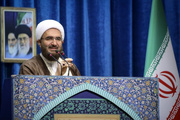


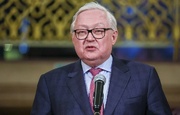
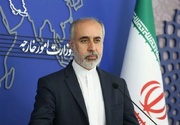



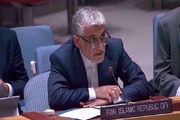






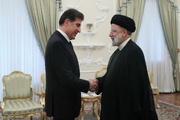
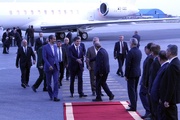
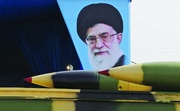

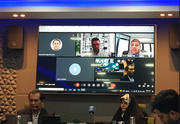

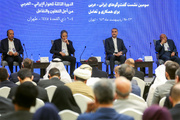
Your Comment